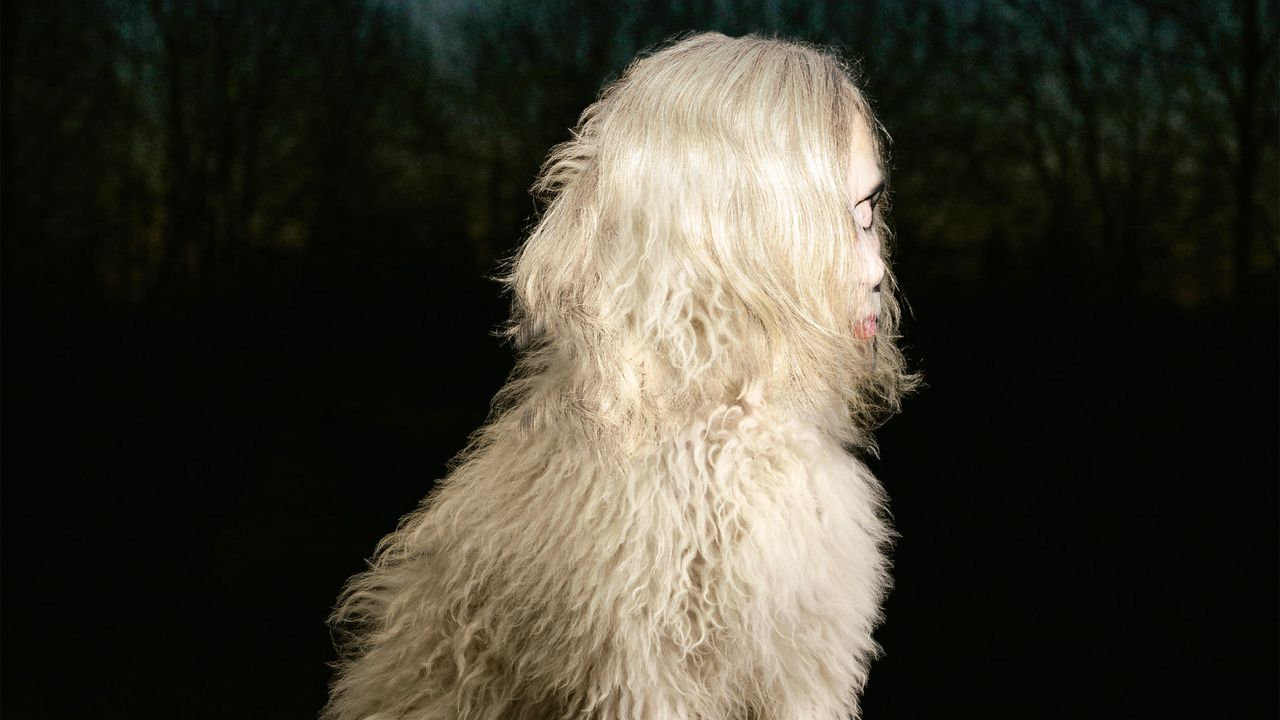A Juana Molina song doesn’t get stuck in your head so much as overtake the brain like a cordyceps fungus. Following a first act as the star of the Argentinian sketch comedy series Juana y Sus Hermanas, Molina has spent nearly three decades abstracting South American folk music into rhizomatic root networks that entwine the digital with the acoustic. Her acting background humanized the alien loops of her 2004 breakthrough Tres Cosas and, over time, became critical shorthand for the sense of humor lurking beneath: morbid but not morose, like an Edward Gorey illustration. Molina is a clown in the traditional sense, less interested in laughs than the absurdity of our shared condition; on 2017’s career high point Halo, she cloaked the death of a relationship in visions of potions and poisoned apples, then pitched those against ridiculous cover art of an anthropomorphic femur. DOGA, her eighth album and first in eight years, is a series of morality plays without clear morals, slipperier and more revealing than any of its predecessors.
Between 2019 and 2024, Molina recorded 30 hours of material across a series of improvisatory sessions with the keyboardist Odín Schwartz. She thought about releasing a triple album—with one entirely instrumental disc—and while her producer, Marito, winnowed DOGA down to 55 minutes, that sense of sprawl persists. The churning morass of “uno es árbol” offers no purchase save one of Molina’s distinctive, hypnotic basslines. In place of any discernible hook, she assembles a lyrical puzzle box: “One is tree/One is not sleeping tree/In untree/One is asleep/The untree/In untree/One is not sleeping tree.” What is an untree? It probably looks something like how Molina’s music sounds—a present absence. Two droning epics in the album’s back half chart the breadth of shades Molina can draw out of the gloom. Compare the disquieting MIDI lullaby “rina soi” to “miro todo,” which should lay to rest once and for all the question: what if Rebekah Del Rio from Mulholland Drive fronted Led Zeppelin?
